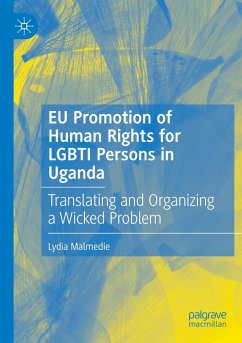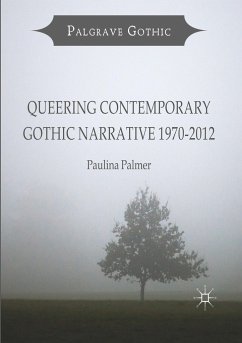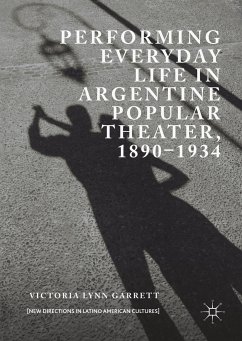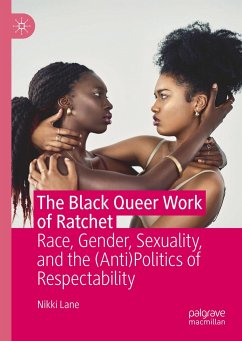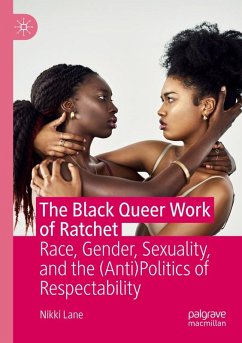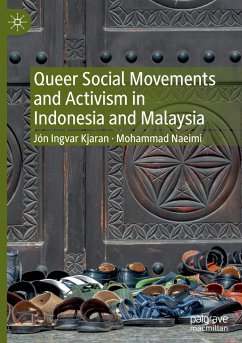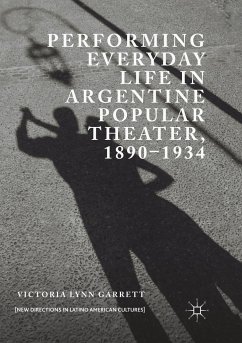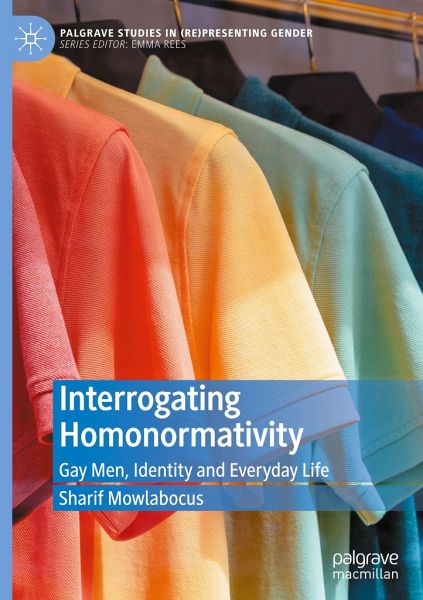
Interrogating Homonormativity
Gay Men, Identity and Everyday Life
Versandkostenfrei!
Versandfertig in 6-10 Tagen
76,99 €
inkl. MwSt.
Weitere Ausgaben:

PAYBACK Punkte
38 °P sammeln!
This book explores the concept of homonormativity and examines how the politics of homonormativity has shaped the lives and practices of gay men living primarily in the UK. The book adopts a case study approach in order to examine how homonormativity is shaping relationships within gay male culture, and between this culture and mainstream society. The book features chapters on same-sex marriage, HIV treatment, dating and hook-up culture, sexualized drug use and the world of work. Throughout these chapters, the book develops a conversation regarding the role that neoliberalism has played in def...
This book explores the concept of homonormativity and examines how the politics of homonormativity has shaped the lives and practices of gay men living primarily in the UK. The book adopts a case study approach in order to examine how homonormativity is shaping relationships within gay male culture, and between this culture and mainstream society. The book features chapters on same-sex marriage, HIV treatment, dating and hook-up culture, sexualized drug use and the world of work. Throughout these chapters, the book develops a conversation regarding the role that neoliberalism has played in defining gay male identities and practices in the UK and USA. If homonormativity is understood as the sexual politics of neoliberalism, this book considers to what extent those sexual politics pervade gay men's sense of self, their relationships with each other, their experience of the spaces they occupy in everyday life, and the identities they inhabit in the workplace.blematizing the concept of homonormativity.






